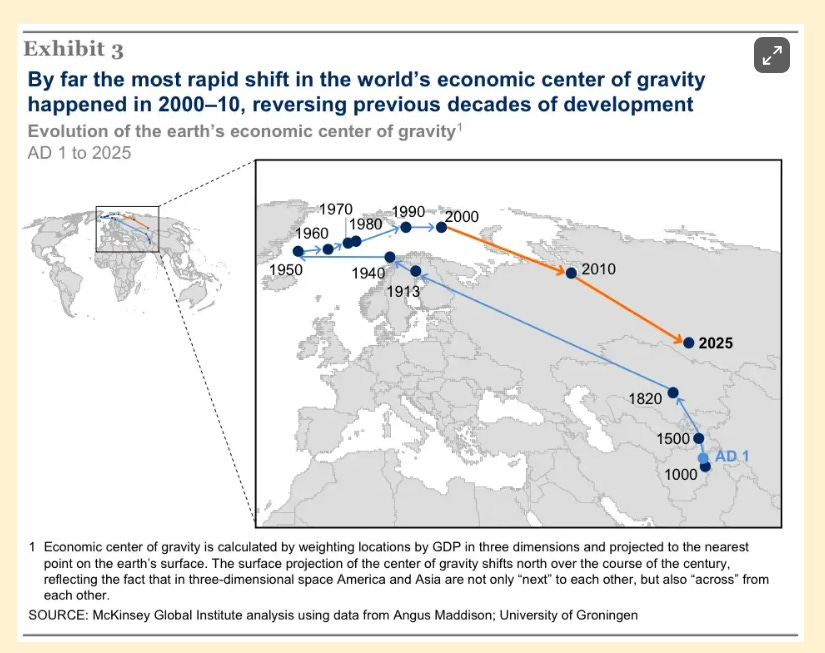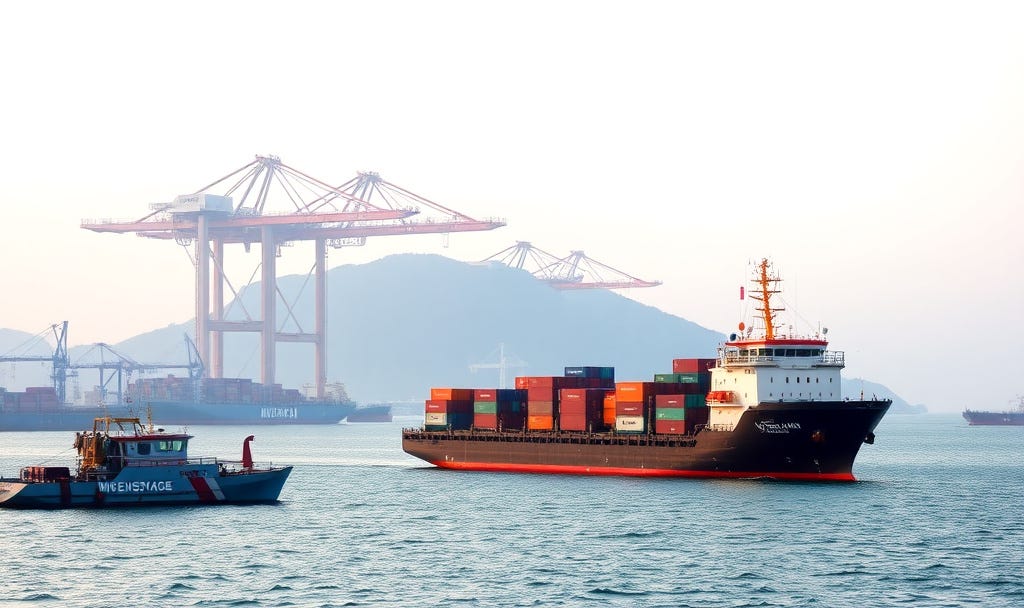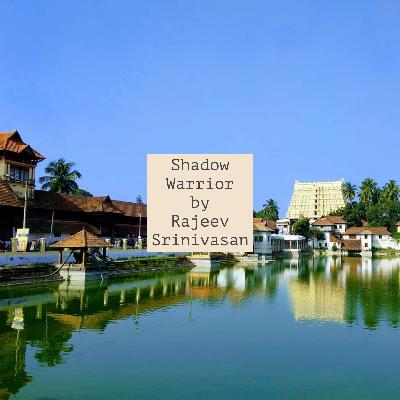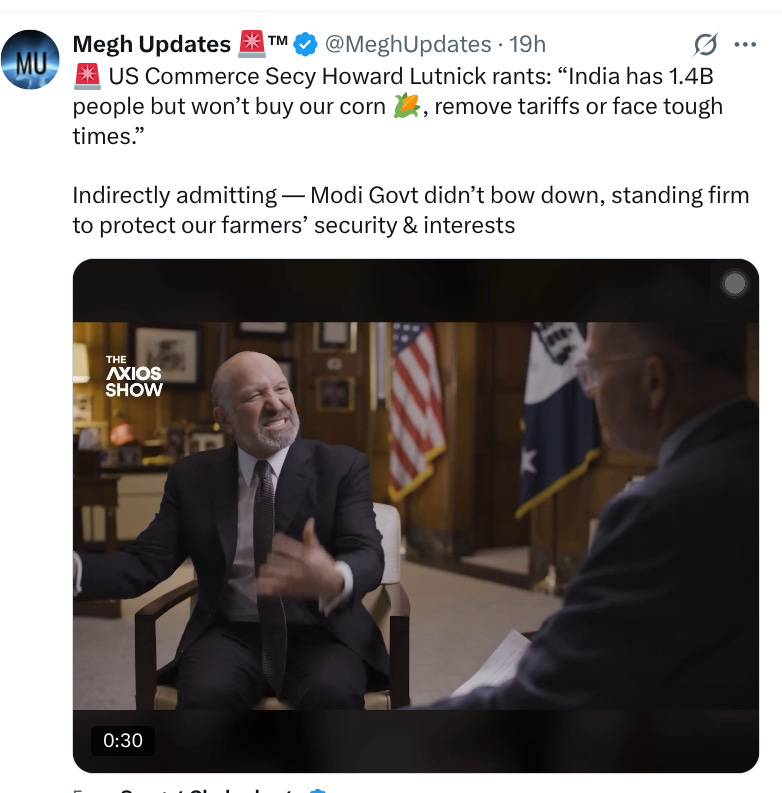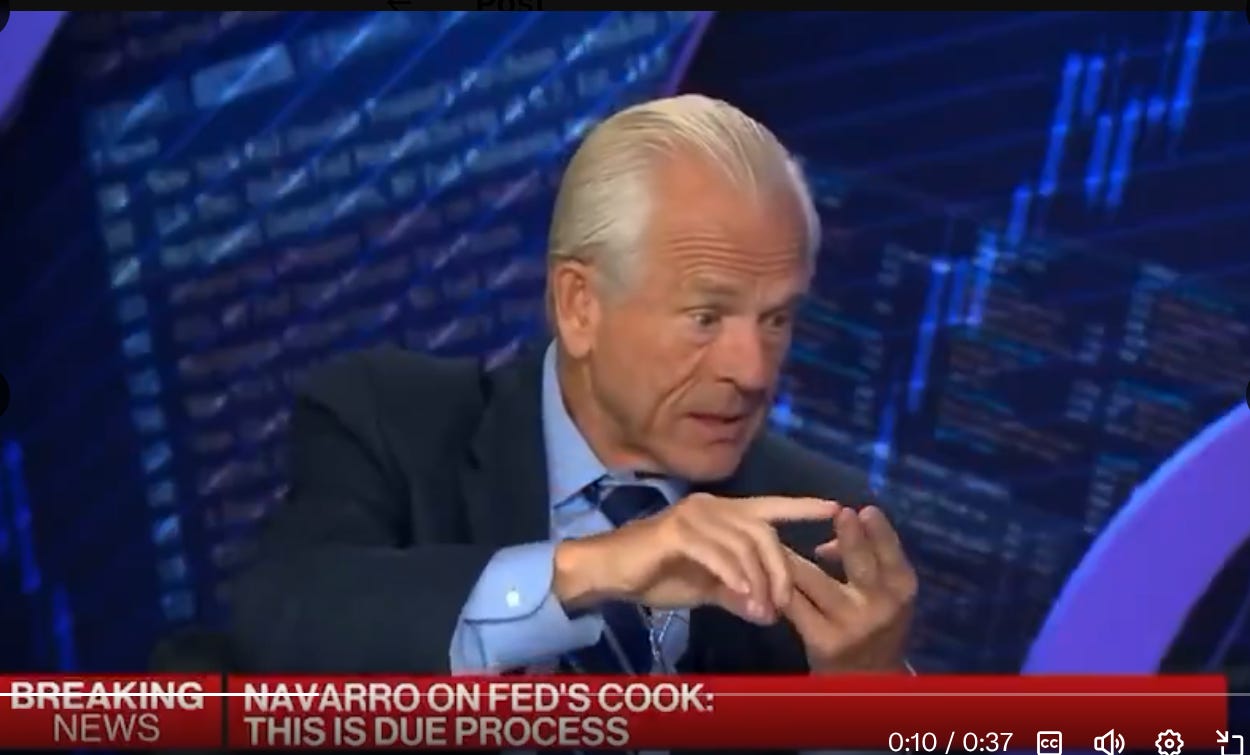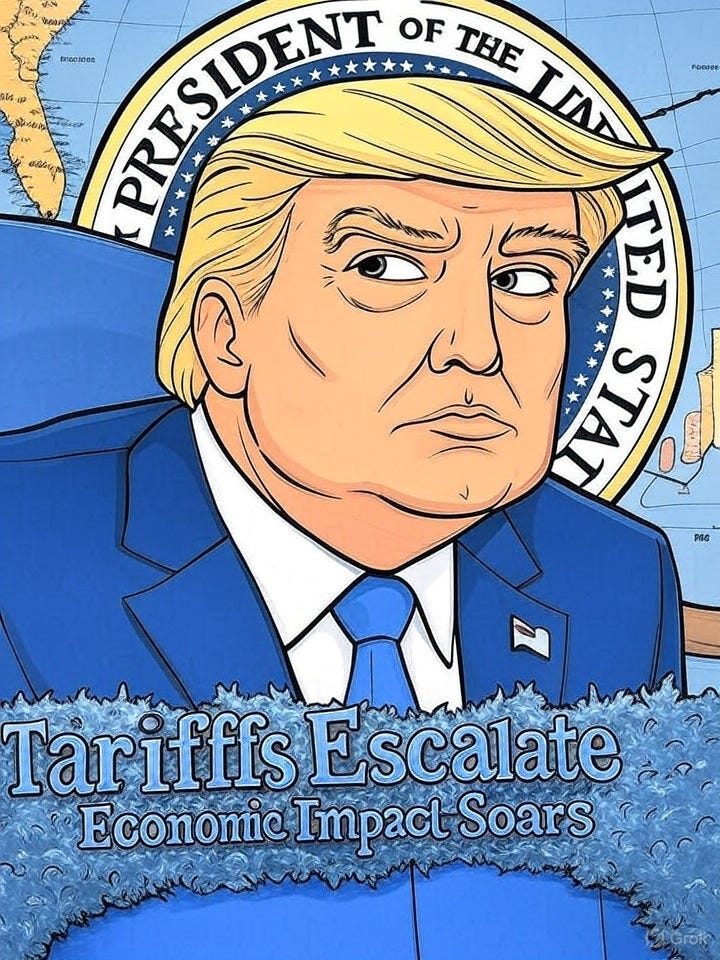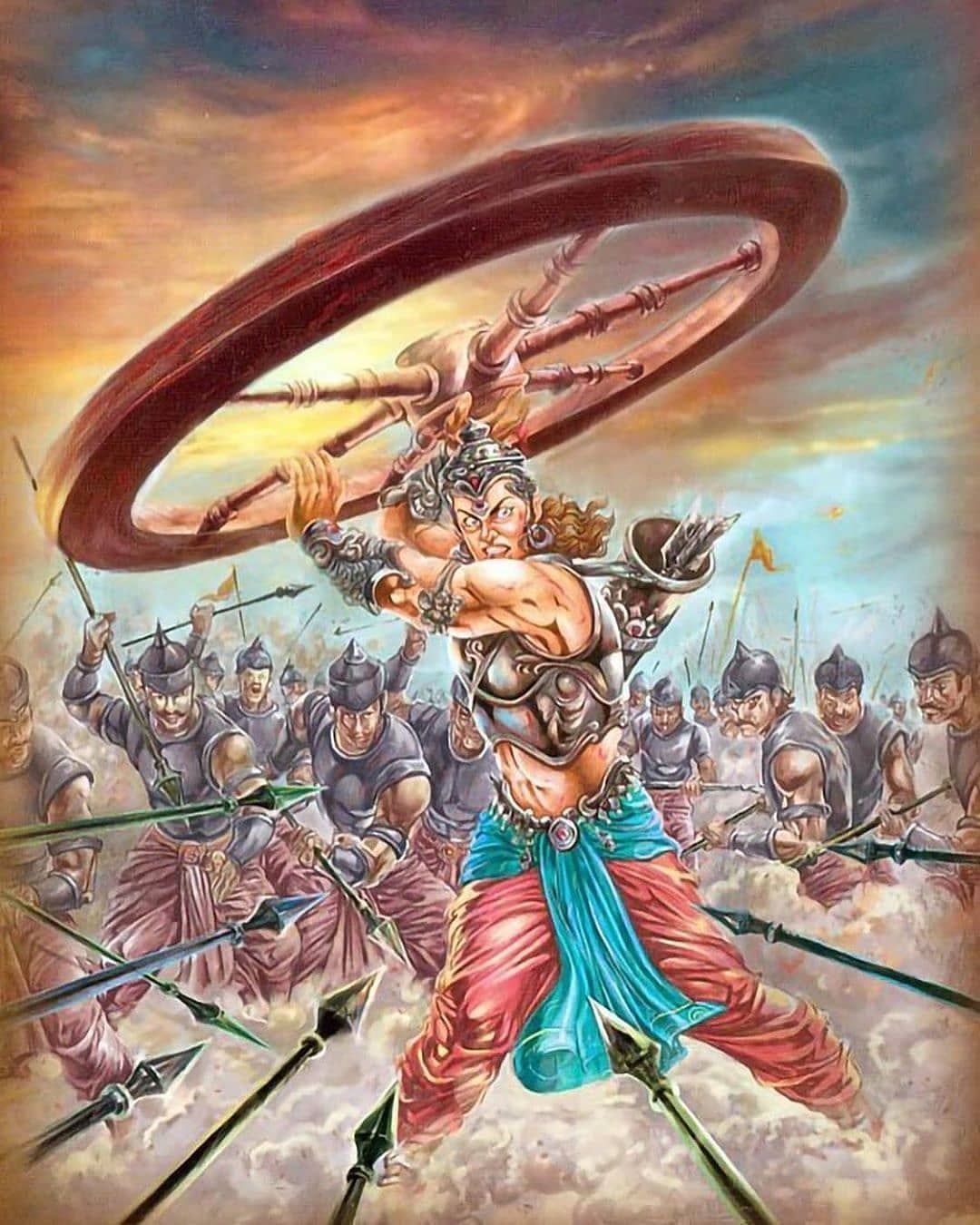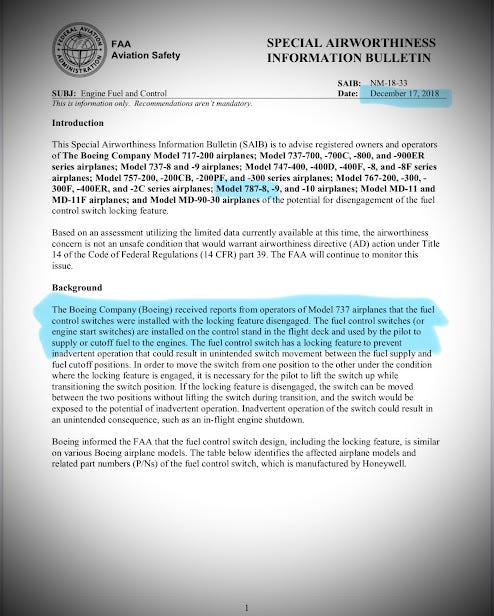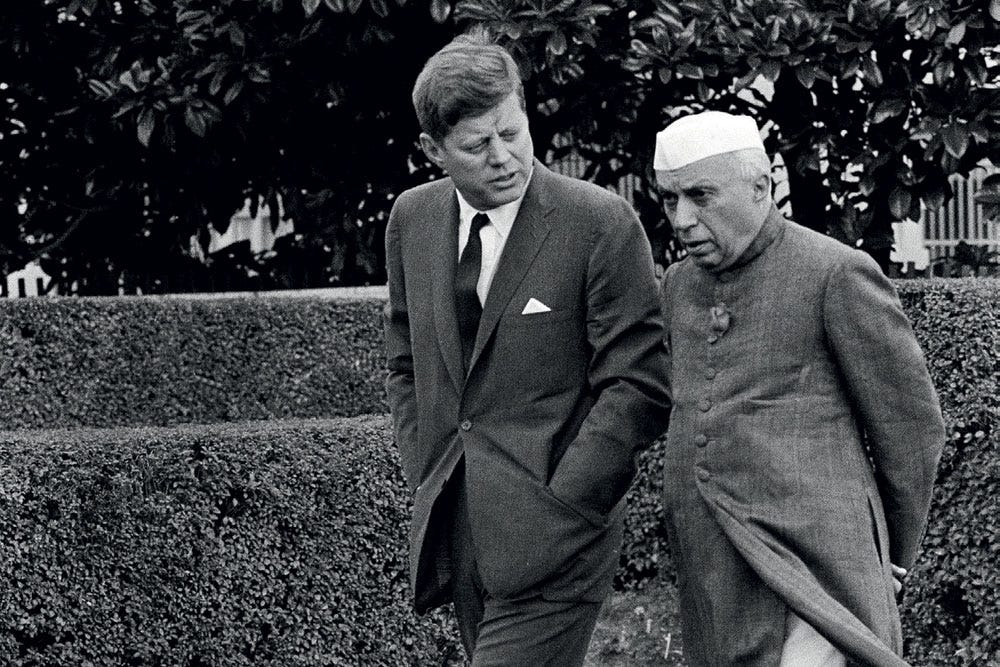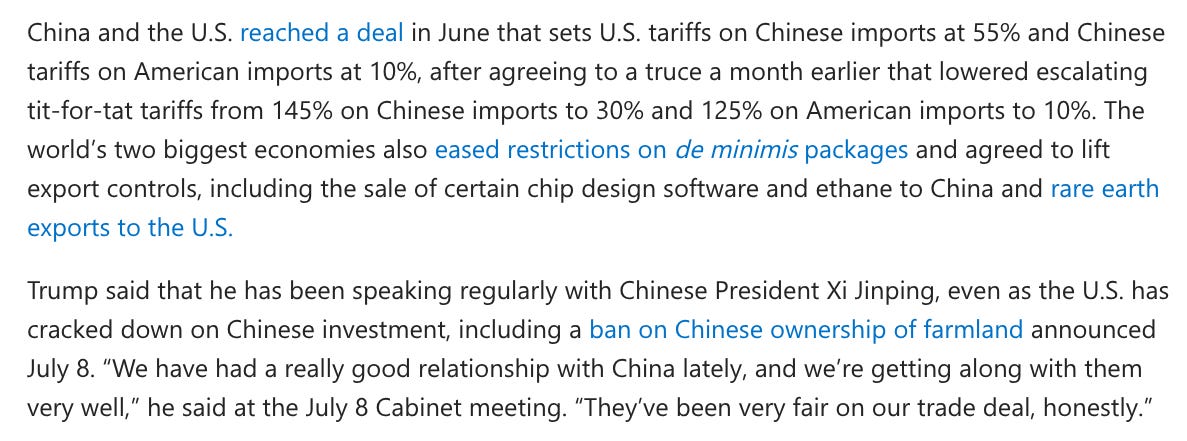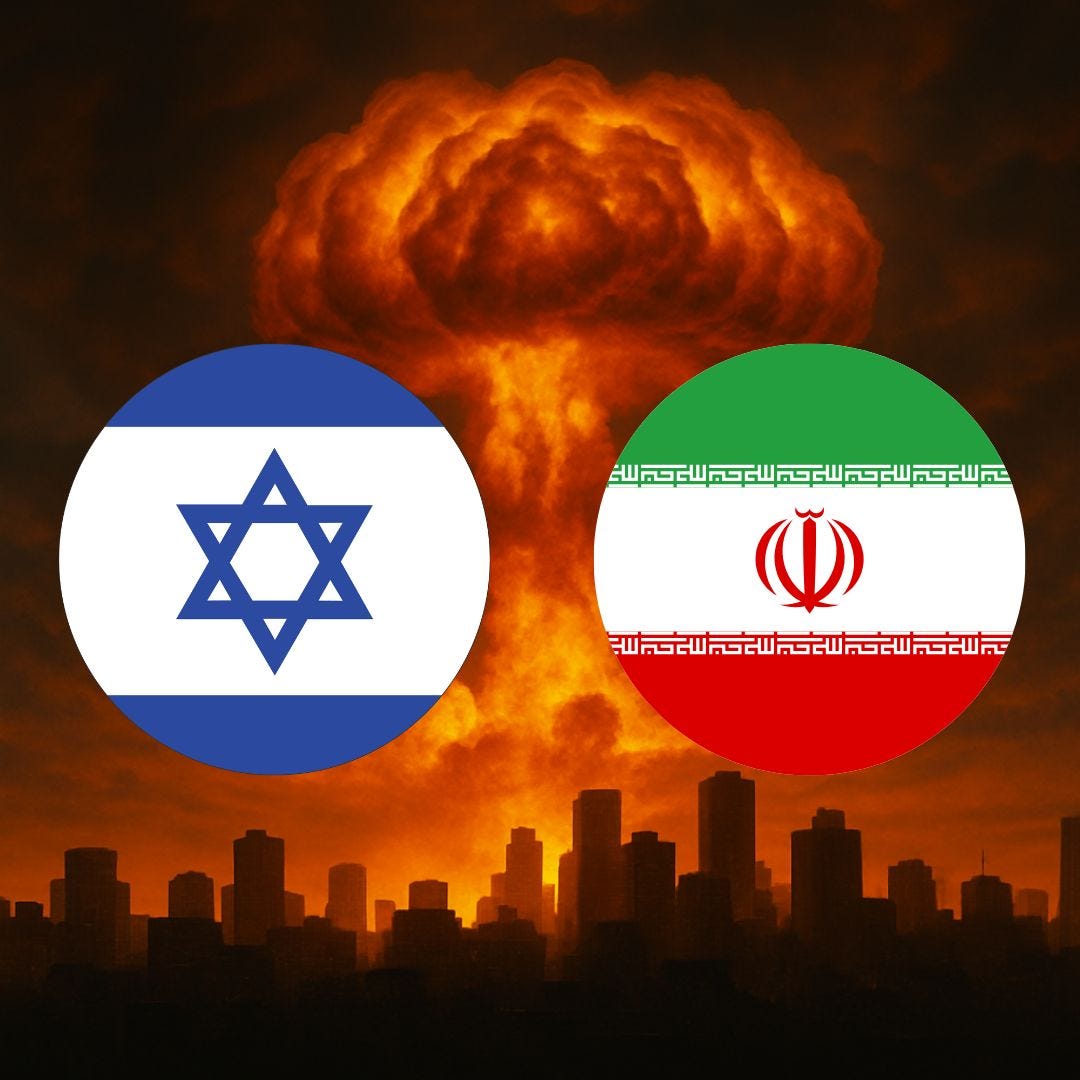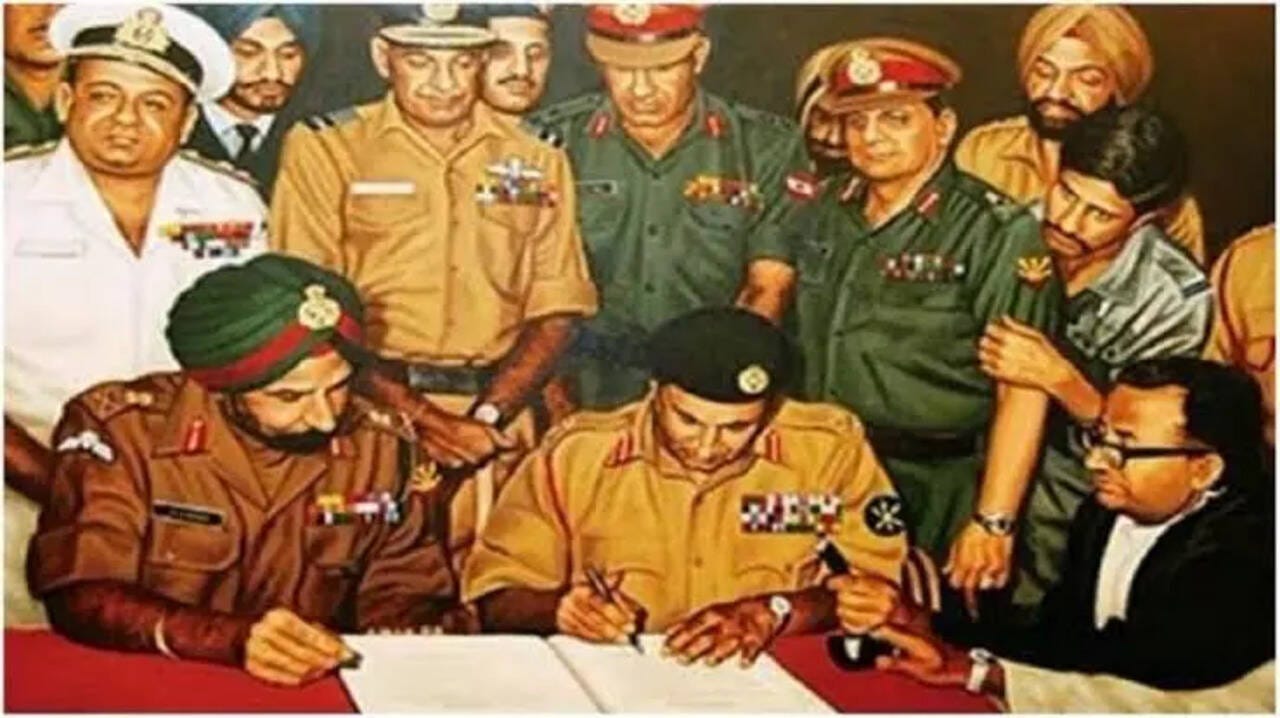Ep 173: Trump tariff wars: Seeing them in context for India
Description
A version of this essay has been published by firstpost.com at https://www.firstpost.com/opinion/shadow-warrior-from-crisis-to-advantage-how-india-can-outplay-the-trump-tariff-gambit-13923031.html
A simple summary of the recent brouhaha about President Trump’s imposition of 25% tariffs on India as well as his comment on India’s ‘dead economy’ is the following from Shakespeare’s Macbeth: “full of sound and fury, signifying nothing”. Trump further imposed punitive tariffs totalling 50% on August 6th allegedly for India funding Russia’s war machine via buying oil.
As any negotiator knows, a good opening gambit is intended to set the stage for further parleys, so that you could arrive at a negotiated settlement that is acceptable to both parties. The opening gambit could well be a maximalist statement, or one’s ‘dream outcome’, the opposite of which is ‘the walkway point’ beyond which you are simply not willing to make concessions. The usual outcome is somewhere in between these two positions or postures.
Trump is both a tough negotiator, and prone to making broad statements from which he has no problem retreating later. It’s down-and-dirty boardroom tactics that he’s bringing to international trade. Therefore I think Indians don’t need to get rattled. It’s not the end of the world, and there will be climbdowns and adjustments. Think hard about the long term.
I was on a panel discussion on this topic on TV just hours after Trump made his initial 25% announcement, and I mentioned an interplay between geo-politics and geo-economics. Trump is annoyed that his Ukraine-Russia play is not making much headway, and also that BRICS is making progress towards de-dollarization. India is caught in this crossfire (‘collateral damage’) but the geo-economic facts on the ground are not favorable to Trump.
I am in general agreement with Trump on his objectives of bringing manufacturing and investment back to the US, but I am not sure that he will succeed, and anyway his strong-arm tactics may backfire. I consider below what India should be prepared to do to turn adversity into opportunity.
The anti-Thucydides Trap and the baleful influence of Whitehall on Deep State
What is remarkable, though, is that Trump 2.0 seems to be indistinguishable from the Deep State: I wondered last month if the Deep State had ‘turned’ Trump. The main reason many people supported Trump in the first place was the damage the Deep State was wreaking on the US under the Obama-Biden regime. But it appears that the resourceful Deep State has now co-opted Trump for its agenda, and I can only speculate how.
The net result is that there is the anti-Thucydides Trap: here is the incumbent power, the US, actively supporting the insurgent power, China, instead of suppressing it, as Graham Allison suggested as the historical pattern. It, in all fairness, did not start with Trump, but with Nixon in China in 1971. In 1985, the US trade deficit with China was $6 million. In 1986, $1.78 billion. In 1995, $35 billion.
But it ballooned after China entered the WTO in 2001. $202 billion in 2005; $386 billion in 2022.
In 2025, after threatening China with 150% tariffs, Trump retreated by postponing them; besides he has caved in to Chinese demands for Nvidia chips and for exemptions from Iran oil sanctions if I am not mistaken.
All this can be explained by one word: leverage. China lured the US with the siren-song of the cost-leader ‘China price’, tempting CEOs and Wall Street, who sleepwalked into surrender to the heft of the Chinese supply chain.
Now China has cornered Trump via its monopoly over various things, the most obvious of which is rare earths. Trump really has no option but to give in to Chinese blackmail. That must make him furious: in addition to his inability to get Putin to listen to him, Xi is also ignoring him. Therefore, he will take out his frustrations on others, such as India, the EU, Japan, etc. Never mind that he’s burning bridges with them.
There’s a Malayalam proverb that’s relevant here: “angadiyil thottathinu ammayodu”. Meaning, you were humiliated in the marketplace, so you come home and take it out on your mother. This is quite likely what Trump is doing, because he believes India et al will not retaliate. In fact Japan and the EU did not retaliate, but gave in, also promising to invest large sums in the US. India could consider a different path: not active conflict, but not giving in either, because its equations with the US are different from those of the EU or Japan.
Even the normally docile Japanese are beginning to notice.
Beyond that, I suggested a couple of years ago that Deep State has a plan to enter into a condominium agreement with China, so that China gets Asia, and the US gets the Americas and the Pacific/Atlantic. This is exactly like the Vatican-brokered medieval division of the world between Spain and Portugal, and it probably will be equally bad for everyone else. And incidentally it makes the Quad infructuous, and deepens distrust of American motives.
The Chinese are sure that they have achieved the condominium, or rather forced the Americans into it. Here is a headline from the Financial Express about their reaction to the tariffs: they are delighted that the principal obstacle in their quest for hegemony, a US-India military and economic alliance, is being blown up by Trump, and they lose no opportunity to deride India as not quite up to the mark, whereas they and the US have achieved a G2 detente.
Two birds with one stone: gloat about the breakdown in the US-India relationship, and exhibit their racist disdain for India yet again.
They laugh, but I bet India can do an end-run around them. As noted above, the G2 is a lot like the division of the world into Spanish and Portuguese spheres of influence in 1494. Well, that didn’t end too well for either of them. They had their empires, which they looted for gold and slaves, but it made them fat, dumb and happy. The Dutch, English, and French capitalized on more dynamic economies, flexible colonial systems, and aggressive competition, overtaking the Iberian powers in global influence by the 17th century. This is a salutary historical parallel.
I have long suspected that the US Deep State is being led by the nose by the malign Whitehall (the British Deep State): I call it the ‘master-blaster’ syndrome. On August 6th, there was indirect confirmation of this in ex-British PM Boris Johnson’s tweet about India. Let us remember he single-handedly ruined the chances of a peaceful resolution of the Ukraine War in 2022. Whitehall’s mischief and meddling all over, if you read between the lines.
Did I mention the British Special Force’s views? Ah, Whitehall is getting a bit sloppy in its propaganda.
Wait, so is India important (according to Whitehall) or unimportant (according to Trump)?
Since I am very pro-American, I have a word of warning to Trump: you trust perfidious Albion at your peril. Their country is ruined, and they will not rest until they ruin yours too.
I also wonder if there are British paw-prints in a recent and sudden spate of racist attacks on Indians in Ireland. A 6-year old girl was assaulted and kicked in the private parts. A nurse was gang-raped by a bunch of teenagers. Ireland has never been so racist against Indians (yes, I do remember the sad case of Savita Halappanavar, but that was religious bigotry more than racism). And I remember sudden spikes in anti-Indian attacks in Australia and Canada, both British vassals.
There is no point in Indians whining about how the EU and America itself are buying more oil, palladium, rare earths, uranium etc. from Russia than India is. I am sorry to say this, but Western nations are known for hypocrisy. For example, exactly 80 years ago they dropped atomic bombs on Hiroshima and Nagasaki in Japan, but not on Germany or Italy. Why? The answer is uncomfortable. Lovely post-facto rationalization, isn’t it?
Remember the late lamented British East India Company that raped and pillaged India?
Applying the three winning strategies to geo-economics
As a professor of business strategy and innovation, I emphasize to my students that there are three broad ways of gaining an advantage over others: 1. Be the cost leader, 2. Be the most customer-intimate player, 3. Innovate. The US as a nation is patently not playing the cost leader; it does have some customer intimacy, but it is shrinking; its strength is in innovation.
If you look at comparative advantage, the US at one time had strengths in all three of the above. Because it had the scale of a large market (and its most obvious competitors in Europe were decimated by world wars) America did enjoy an ability to be cost-competitive, especially as the dollar is the global default reserve currency. It demonstrated this by pushing through the Plaza Accords, forcing the Japanese yen to appreciate, destroying their cost advantage.
In terms of customer intimacy, the US is losing its edge. Take cars for example: Americans pr

